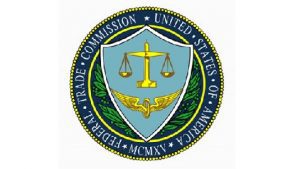
The FTC’s proposal is being criticized for a number of reasons. “If implemented as written, many of the Report’s recommendations would instead apply to almost all firms and to most information collections practices,” warned FTC Commissioner J. Thomas Rosch, who voted was the one dissenting vote 3-1 of the report’s decision. “It would install ‘Big Brother’ as the watchdog over these practices not only in the online world but in the offline.” He also criticized the FTC for ignoring the poll that showed that “84% of users prefer targeted advertising in exchange for free online content.”
In a similar vein, Jeffrey Chester, executive director of the Center for Digital Democracy, admits that “The harvesting and sale – often in real-time – of our valuable data, including about our financial and health interests, poses a major threat to consumers. The FTC’s call for legislation is a digital wake-up call to Congress,” but nevertheless found the FTC’s self-regulation stipulations “disappointing,” saying, “We call on the FTC to specifically spell out how to ensure consumers have meaningful ‘choice’ to control the collection and use of their information. The commission’s overall support for industry self-regulation is disappointing, and reveals a FTC still too often constrained from effectively protecting the public.





































